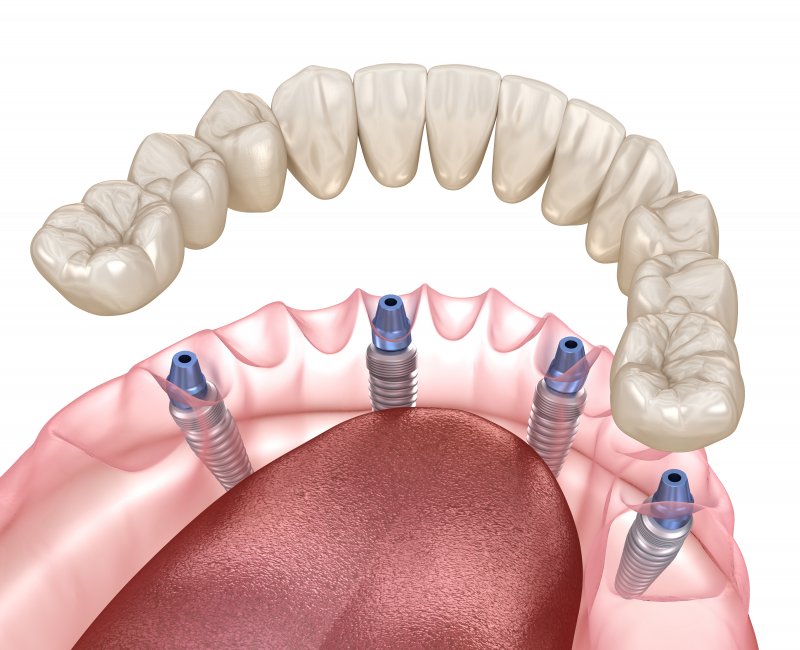No comments yet.
RSS feed for comments on this post.
Sorry, the comment form is closed at this time.

Lately you haven’t been able to remember most of your dreams. When you do, however, they’re the kind of dreams that you’d rather not remember. Perhaps they feature you suffocating or drowning before you wake up in a panic. In many cases, a general lack of dreams occasionally interrupted by intense nightmares is a sign of a serious sleep disorders. In this post, you’ll learn everything you need to know about sleep apnea nightmares in Wesley Chapel and what can be done to stop them.
Only 43.2 percent of people with sleep apnea are able to remember their dreams, largely because they’re simply having fewer dreams in general. Sleep apnea forces you to wake up repeatedly throughout the night, and that stops your body from spending much time in REM sleep, which is when most dreaming takes place.
That said, some dreaming does still occur – and in many cases it manifests as nightmares. In fact, studies suggest that as sleep apnea gets worse, the more unpleasant that the dreams associated with it become. The lack of oxygen throughout the night can become incorporated into your dreams, which is why many of these nightmares might feature scenarios where you’re drowning or otherwise can’t breathe.
If you keep experiencing such nightmares, they can eventually have an impact on your mental health. Unpleasant dreams are closely associated with daytime anxiety and depression – two issues that are already very likely to be side effects of sleep apnea.
Stopping your sleep apnea nightmares means stopping your actual sleep apnea. This is something that you’ll need an expert’s help with; a sleep dentist in Wesley Chapel can walk you through the process of having a proper diagnosis performed so that you can be sure that you actually have sleep apnea and not another kind of sleep disorder. Once it has been established that you have sleep apnea, a treatment plan will be developed depending on your unique circumstances, such as how severe the disorder is and the exact cause of your blocked airway.
CPAP is the most well-known treatment for sleep apnea, but not everyone can tolerate this form of treatment, which is why your sleep dentist may recommend and oral appliance instead. Not only is this form of treatment more comfortable, but it’s also more convenient to take with you whenever you travel.
Sleep apnea symptoms, such as nightmares, tend to worsen over time. As soon as you have a reason to think something’s wrong, reach out to a sleep expert. Being proactive will let you enjoy sweet dreams and restful nights again all the sooner.
Dr. Jay A. Nelson is a diplomate of the American Board of Dental Sleep Medicine as well as the American Board of Sleep and Breathing. He is a talented sleep dentist that has helped many patients overcome snoring, nightmares, and other sleep apnea symptoms with the use of oral appliances. To schedule an appointment at his practice, Nelson Dental Sleep Medicine, visit his website or call (813) 733-4169.
No comments yet.
RSS feed for comments on this post.
Sorry, the comment form is closed at this time.